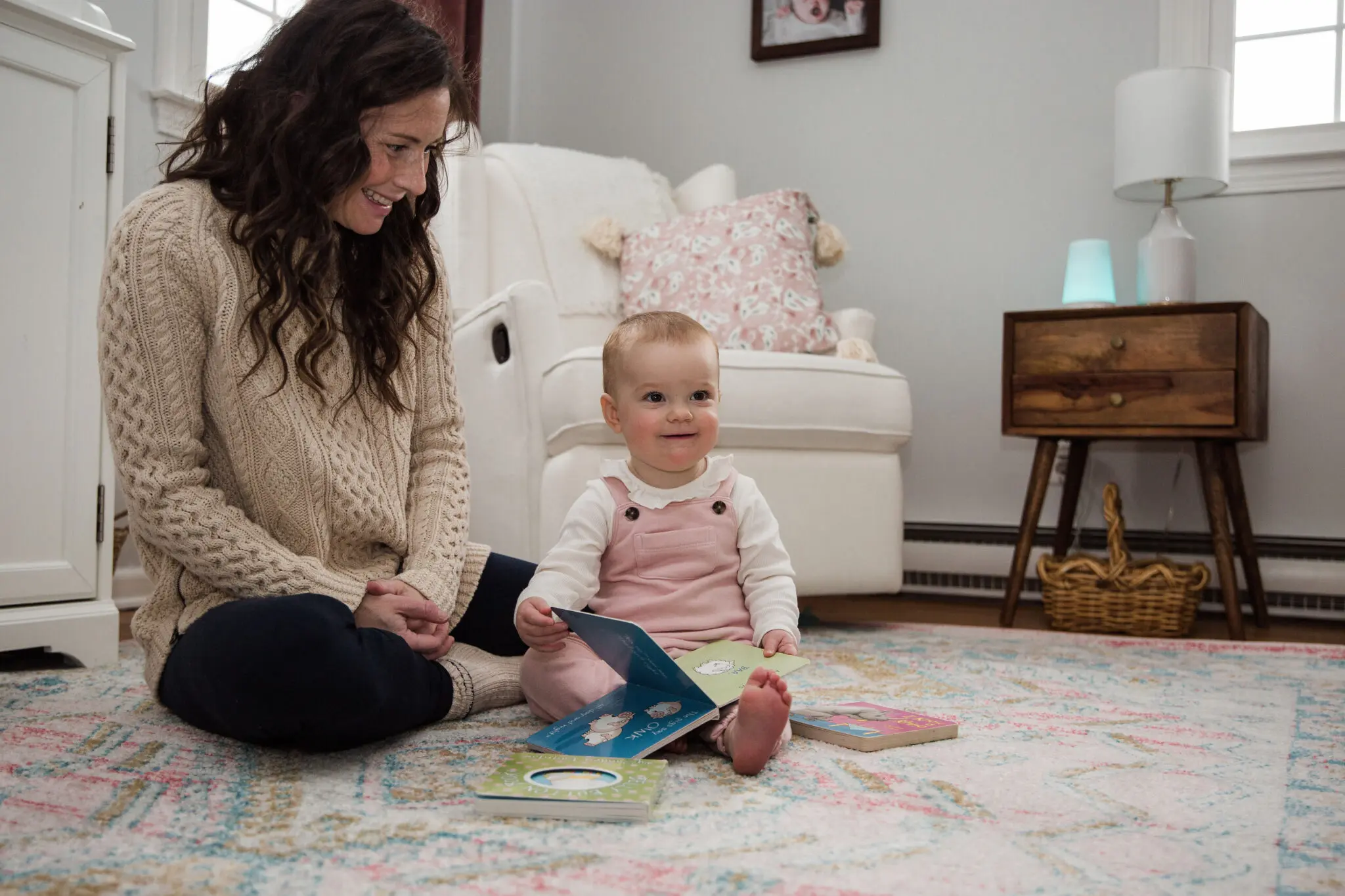Taking ownership of your mistakes is a brave part of being a good human.
Being a parent is a great privilege, but it comes with a lot of responsibilities. One in particular is teaching our children how to be good humans. The universal definition of ‘good human’ is kind, compassionate, empathetic, honest, respectful and responsible. It is fairly easy to be a good human if you remove any notion of perfection. It’s an unrealistic and impossible idea that anyone can be entirely without fault or defect. Especially since making mistakes is an unavoidable part of life.

Taking Ownership of Your Mistakes
During my 38 years of life, I admit I have made mistakes. I’ve been unkind, inconsiderate, or even insensitive towards others (some people I love most). My actions are rarely intentional and often a reaction to a situation. Through many hours of self-reflection, I am learning to take pause to respond instead of react in life’s most difficult moments. And when I’ve done wrong, I know there is power in taking ownership of my behavior and asking for forgiveness.
I make mistakes everyday. As a parent, as a wife, as a sister, as a general member of society – I mess up often. It’s normal and natural to make mistakes! But it isn’t human instinct to take ownership of a mistake. Humans are more wired to find someone or something to blame before admitting it is their fault. Why are we so quick to blame others? Ego? Fear? There are many reasons why people struggle to admit they are wrong, but one big reason is our past experiences.
Our past experiences play a big role in shaping our current beliefs and behaviors, including our ability to take accountability for our mistakes. ownership is scary and because it’s easier to find flaws in others than ourselves. … An unsupportive childhood environment that looked down upon human error can teach us to hide our follies and develop unhealthy coping patterns as adults. This causes us to defend rather than learn from our mistakes.
Source

Teaching My Children to Learn from their Mistakes
There is something to be said about behavior and consequences in childhood. When I was little, my parents were very clear about their expectations and what would happen if we failed to meet them. Over time, we were taught to take ownership of our wrongdoings, especially when they were not intentional. Mistakes happen – there is so much power in saying, “I’m sorry” and holding ourselves accountable for what’s happened. Even though I found myself in a fair amount of trouble during my teenage years – I had an amazing relationship with my parents. I quickly learned honesty trumped lying and my punishments were less harsh if I owned up to my actions.
Over the last year I have opened up to my daughters when I know I have made a mistake in their presence. Whether it’s falsely accusing someone of misbehaving or forgetting to do something, I take ownership of my actions. If I catch my child in a lie, I remind her I will always be more forgiving and understanding if she admits her wrongdoing.
Taking ownership of one’s mistakes is brave. We feel shame when we have done wrong, so it’s a knee jerk reaction to deny-deny-deny then to proudly admit, “It was me!” Running from your own poor behavior or flaws will never allow you to grow. It is so important we teach our children there is a good side to getting things wrong. Learning from mistakes motivates us to do things, or learn how to do things, differently. It helps us develop wisdom and good judgement on our own.

Ten Ways to Help Children Learn from Mistakes
- Acknowledge that you don’t expect them to be perfect.
- Let them know your love is unconditional, regardless of their mistakes or lapses in judgment.
- Don’t rescue kids from their mistakes. Instead, focus on the solution.
- Provide examples of your own mistakes, the consequences, and how you learned from them.
- Encourage children to take responsibility for their mistakes and not blame others.
- Avoid pointing out your child’s past mistakes. Instead, focus on the one at hand.
- Praise children for their ability to admit their mistakes.
- Praise children for their efforts and courage to overcome setbacks.
- Mentor your child on how to apologize when their mistakes have hurt others.
- Help kids look at the good side of getting things wrong!
Source: “Learning from Mistakes: Helping Kids See the Good Side of Getting Things Wrong” by Marilyn Price-Mitchell, PhD






So we’ll said, Caitlin! Love this!❤️